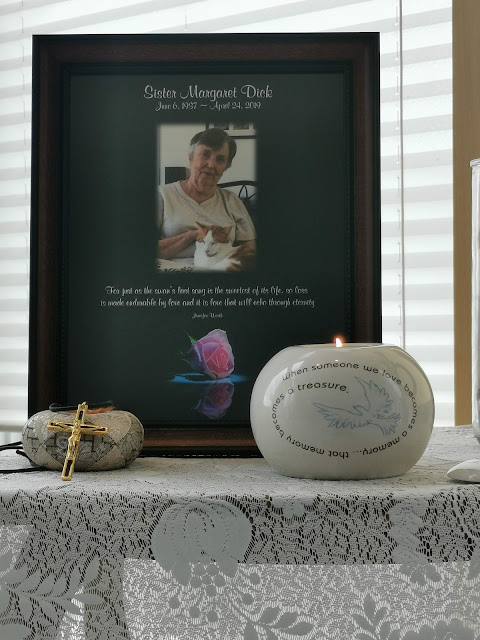Third Sunday of Easter – Emmaus: The Return Trip (Luke 24)
Why Emmaus? Luke is an extraordinarily careful and clever writer. He never mentions verifiable details without some purpose. So why the conversation with disciples on their way home to Emmaus?
Symbolically, Emmaus is the icon of what God could do with a cabal of faithful freedom fighters. Emmaus was the site of the greatest military victory the Maccabean revolt. Against all odds, contrary to any reasonable expectation, under the leadership of the Maccabean family of priests, the Hebrew nation actually beat the greatest army on Earth and repelled Roman rule for more than a century! And, remember that sword in the Garden of Gethsemane? Tradition records that several of Jesus’ disciples were Zealots, men who carried sharp daggers, willing to kill and die at any moment in the name of God for the liberation of the Jews.
So why not now? Why not again? Why not this Jesus of Nazareth? Jesus had a long talk with those of Emmaus. And that all-too-familiar feeling, “our hearts burning within us,” now was not so much a matter of revolution but transformation. Not merely changing the prevailing regime of the day, but profoundly altering the very foundation of society!
Will this pandemic change us? Or maybe alter our society? Daily it astonishes me how willingly we heed the prophetical voices, “flatten the curve!” How do we respond to the declaration: “The kingdom of heaven is here?”
The two disciples who returned to Jerusalem late night were no longer the same as they had been earlier going to Emmaus.
-- Prepared by Tim, QHP Core Community --
Well, as one gaining the reputation as a Messiah, there was a growing hope that perhaps this Jesus (an English form of the Hebrew name Joshua, and we know what he did to Jericho!) might deal with the political issues of the day: lack of human rights, high taxes, and poor government – you know, issues of justice we are all too familiar with.
Symbolically, Emmaus is the icon of what God could do with a cabal of faithful freedom fighters. Emmaus was the site of the greatest military victory the Maccabean revolt. Against all odds, contrary to any reasonable expectation, under the leadership of the Maccabean family of priests, the Hebrew nation actually beat the greatest army on Earth and repelled Roman rule for more than a century! And, remember that sword in the Garden of Gethsemane? Tradition records that several of Jesus’ disciples were Zealots, men who carried sharp daggers, willing to kill and die at any moment in the name of God for the liberation of the Jews.
So why not now? Why not again? Why not this Jesus of Nazareth? Jesus had a long talk with those of Emmaus. And that all-too-familiar feeling, “our hearts burning within us,” now was not so much a matter of revolution but transformation. Not merely changing the prevailing regime of the day, but profoundly altering the very foundation of society!
Will this pandemic change us? Or maybe alter our society? Daily it astonishes me how willingly we heed the prophetical voices, “flatten the curve!” How do we respond to the declaration: “The kingdom of heaven is here?”
The two disciples who returned to Jerusalem late night were no longer the same as they had been earlier going to Emmaus.
-- Prepared by Tim, QHP Core Community --



Comments
Post a Comment